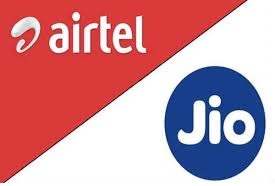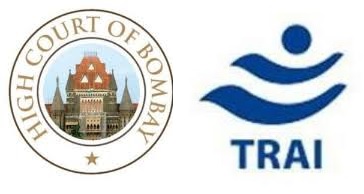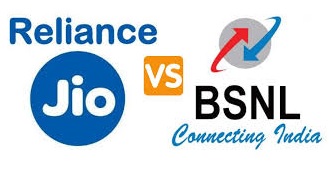
The numbers released by India’s three telecom operators on their July-September performance show a remarkable trend reversal: For the first time ever, Reliance Jio was no longer the fastest growing data operator in India, losing the crown to Bharti Airtel. While Jio’s mobile data traffic went up by 220 million GBs in July-September compared to the previous three months, Bharti Airtel’s traffic expanded much faster at 391 million GBs. The third operator, Vodafone Idea, on the other hand, saw its mobile wireless data traffic shrink by around 180 million GBs. The situation is surprising since Airtel’s 4G network is only around half the size of Jio’s — with around 4 lakh base stations compared to Jio’s 8 lakhs or so. While Airtel’s data traffic grew by 5.5%, Jio’s grew by only 1.5%.
The reason why Airtel was able to post nearly double the data growth as Jio’s is because it added more than double the number of new 4G users as Jio. Jio added only 6.67 million total new users — including 4G — during the July-September quarter, while Airtel added a whopping 14.4 million new users on its 4G network. The subscriber addition number posted by Jio is one of the lowest quarterly numbers in its history, and explains the slippage in 4G growth rate.
Even during the lock-down quarter of Apr-Jun, Jio’s net subscriber addition was much higher at 10.8 million. As far as Airtel is concerned, to keep up with the explosive growth in 4G users and usage, it has been investing heavily into its 4G network, adding over 30,000 nodes during the July-September period alone.
While there is no clear reason as to why customers should flock to Bharti Airtel instead of Jio, part of the motivation may lie in the tariff hikes implemented by Jio about six months ago. Over the past three-four years, most smartphone users in India purchased an additional prepaid connection from Jio to take advantage of the 25% or so discount offered by the new operator over the tariffs charged by incumbents such as Vodafone, Idea and Bharti Airtel.
However, having overtaken these incumbent operators in subscriber numbers, the Mukesh Ambani-led firm hiked its tariffs around 25% late in 2019. As a result, the price difference between Jio and the other two has not only disappeared, but has even started skewing in favor of the others.
As far as Airtel is concerned, the company now offers very similar tariffs to Jio. For example, the eight-week (56 day) 2GB/day pack of Bharti Airtel is priced at Rs 449, while Jio offers the same at Rs 444. Similarly, both Jio and Airtel are offering the eight-week 1.5GB/day pack at Rs 399, and the four-week pack at Rs 199.
It is primarily in the 12-week pack categoriy that one can see a significant price difference between Airtel and Jio, ranging from Rs 50 to Rs 100. Since there is hardly any pricing difference between the two networks, many users are now going back to their original phone numbers, instead of paying to keep two SIMs active on their phones.






















